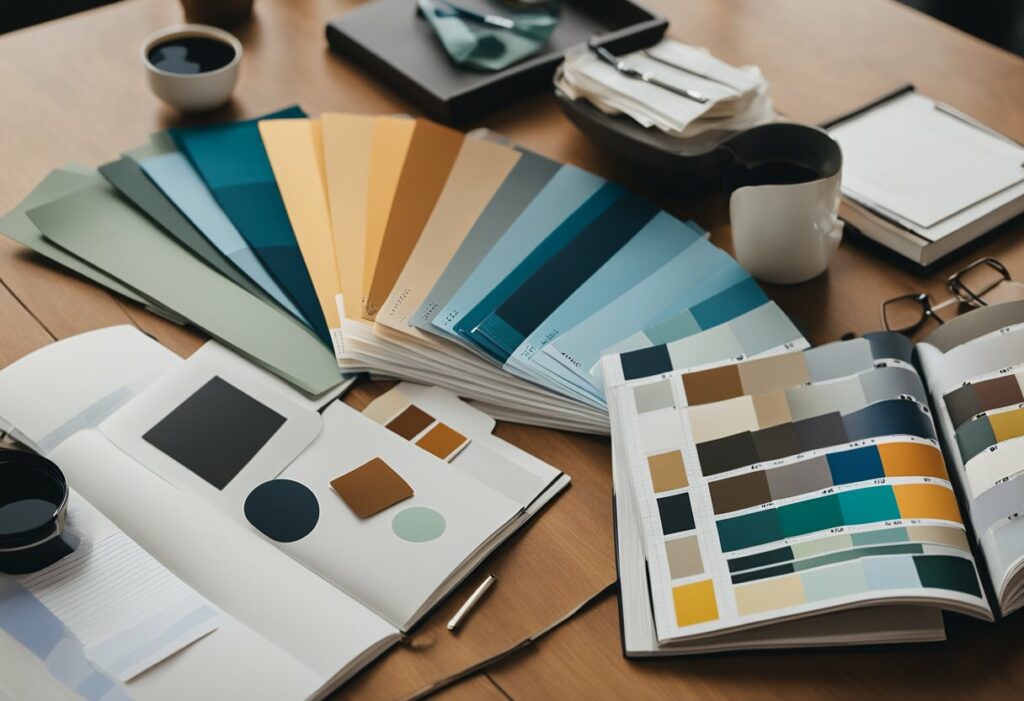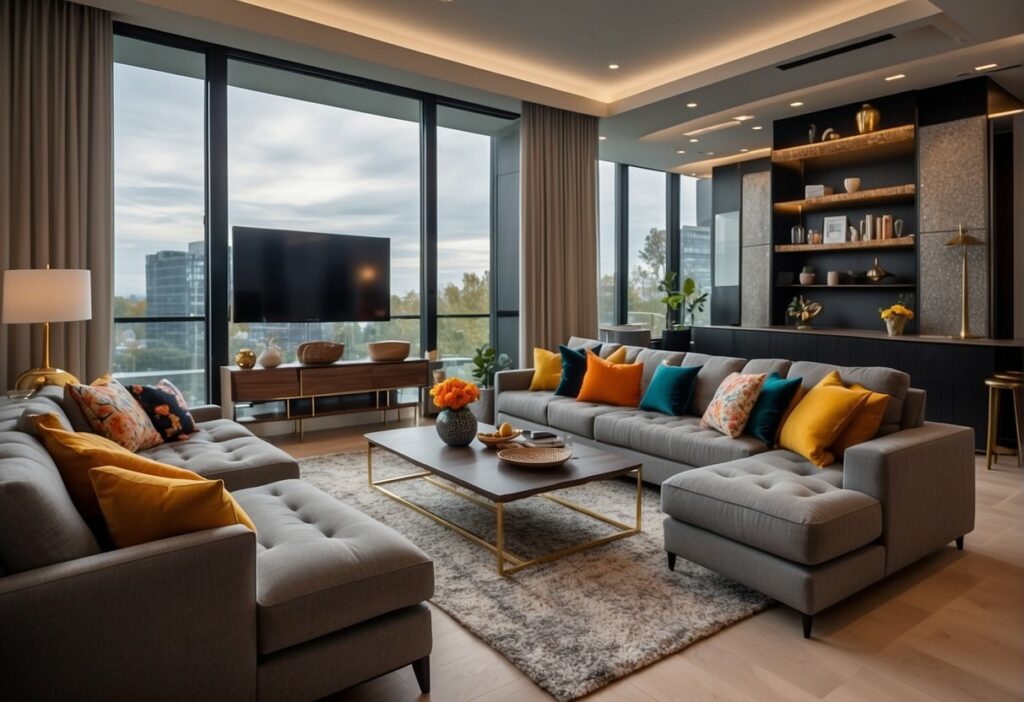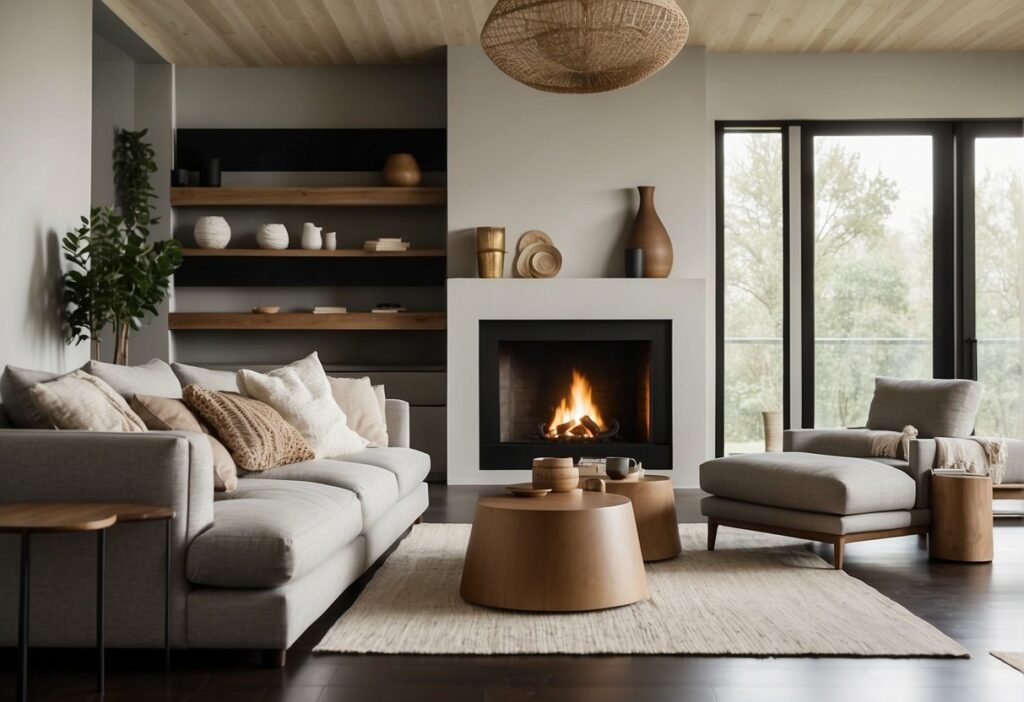Excited to Start Your Interior Design Journey? Here Are the Best Subjects to Take!
Are you interested in pursuing a career in interior design? If so, you must be aware of the subjects that are essential to take to become a successful interior designer. Interior design is a field that requires creativity, technical knowledge, and practical skills. You can develop these skills by taking relevant courses and gaining hands-on experience.

To start your journey in interior design, you must have a strong foundation in design principles, color theory, and spatial awareness. These subjects will help you understand how to create a cohesive design that meets the client’s needs and preferences. Additionally, you will learn about the history of interior design and how it has evolved over time. By understanding the past, you can create designs that are innovative and relevant to the current trends.
Once you have a solid foundation, you can focus on developing practical skills that are required for a career in interior design. You can take courses on drafting, 3D modeling, and computer-aided design (CAD) software. These skills will help you create detailed plans, visualize designs, and communicate your ideas effectively. You can also take courses on project management, budgeting, and client communication to prepare yourself for the business aspect of interior design.
Key Takeaways
- A strong foundation in design principles, color theory, and spatial awareness is essential for interior design
- Practical skills such as drafting, 3D modeling, and CAD software are important for creating detailed plans and visualizing designs
- Learning about project management, budgeting, and client communication can help you prepare for the business aspect of interior design.
Foundation and Principles

If you are interested in pursuing a career in interior design, you must have a strong foundation in design principles. Understanding the fundamentals of design will help you create spaces that are both aesthetically pleasing and functional.
Understanding Design Fundamentals
Design fundamentals encompass a range of skills and knowledge that are essential for any interior designer. These include an understanding of composition, colour theory, balance, proportion, symmetry, and texture.
Composition is the arrangement of elements within a space. It involves the placement of furniture, fixtures, and accessories to create a cohesive and visually appealing environment. Colour theory is the study of how colours interact with each other. It is important to understand how to use colour to create a desired mood or atmosphere. Balance is the distribution of visual weight within a space. It is important to achieve a sense of equilibrium so that the space does not feel lopsided. Proportion is the relationship between different elements within a space. Symmetry is the use of identical or similar elements on either side of an axis. Texture refers to the tactile quality of surfaces within a space.
The Role of History and Theory
A strong foundation in design principles is not enough on its own. It is also important to have an understanding of the history of interior design and design theory. This knowledge will help you create spaces that are both innovative and timeless.
Studying the history of interior design will give you an appreciation for the evolution of design styles and the influence of different cultures. It will also help you understand how design has been shaped by social, economic, and technological factors.
Design theory encompasses a range of disciplines, including art, architecture, and the humanities. It involves the study of how people interact with their environment and how design can enhance human experience.
By developing a strong foundation in design principles and an understanding of design history and theory, you will be well-equipped to create beautiful and functional spaces that meet the needs of your clients.
Practical Skills and Career Development

As an interior designer, you will need a variety of practical skills and professional development opportunities to succeed in the field. Here are some of the key areas to focus on:
Technical Skills and Software Proficiency
To be a successful interior designer, you will need to be proficient in a variety of technical skills, including design application, construction standards, and space planning. You will also need to have a strong understanding of materials, lighting, and comfort. Additionally, having experience with computer-aided design (CAD) software such as Autodesk AutoCAD and SketchUp is essential.
Building a Strong Portfolio and Experience
Building a strong portfolio is essential to showcase your skills and experience to potential clients and employers. Consider taking classes or specializations in areas such as commercial design, residential design, and sustainable design to develop your expertise. You can also gain practical experience through internships, apprenticeships, or mentorship programs.
Professional Qualifications and Networking
Professional qualifications and networking are also key to success in the interior design field. Consider pursuing certifications such as the National Council for Interior Design Qualification (NCIDQ) exam to demonstrate your qualifications and expertise. Networking with other professionals in the industry can also help you to stay up-to-date on the latest trends and job opportunities.
Overall, developing practical skills, building a strong portfolio, and pursuing professional qualifications and networking opportunities are essential to succeed in the interior design field. By focusing on these areas, you can develop the technical and problem-solving skills, effective communication, and entrepreneurship skills needed to thrive in this exciting and dynamic field.
Frequently Asked Questions

What A-Level subjects should I choose to pursue a career in interior design?
When it comes to A-Level subjects, there are several options that can help you pursue a career in interior design. Some of the recommended subjects include Art, Design and Technology, and Textiles. These subjects will help you develop your creative skills, which are essential for a career in interior design.
Which courses are essential for kick-starting my journey in interior design?
There are several courses that can help you kick-start your journey in interior design. Some of the popular options include a Bachelor’s degree in Interior Design, a Foundation degree in Art and Design, and a Higher National Diploma (HND) in Interior Design. These courses will help you develop your design skills, learn about the industry, and gain practical experience.
Do I need to excel in mathematics to succeed in the field of interior design?
While mathematics can be useful in certain areas of interior design, it is not essential to excel in the subject to succeed in the field. However, it is important to have a good understanding of basic maths concepts such as measurements, ratios, and proportions.
What qualifications are required to establish oneself as an interior designer?
To establish yourself as an interior designer, you will need a relevant qualification such as a degree or diploma in interior design. Additionally, you will need to gain practical experience in the field, build a portfolio of your work, and establish a network of contacts within the industry.
Can you recommend the best subjects to focus on during my GCSEs for a future in interior design?
During your GCSEs, it is recommended that you focus on creative subjects such as Art and Design, Textiles, and Graphics. These subjects will help you develop your creative skills and give you a good foundation for pursuing a career in interior design.
What should I study at college to prepare for a profession in interior design?
At college, there are several courses that can help you prepare for a profession in interior design. Some of the recommended options include a Foundation course in Art and Design, a BTEC Level 3 Extended Diploma in Art and Design, and an Access to Higher Education Diploma in Art and Design. These courses will help you develop your design skills, gain practical experience, and prepare you for further study in interior design.



